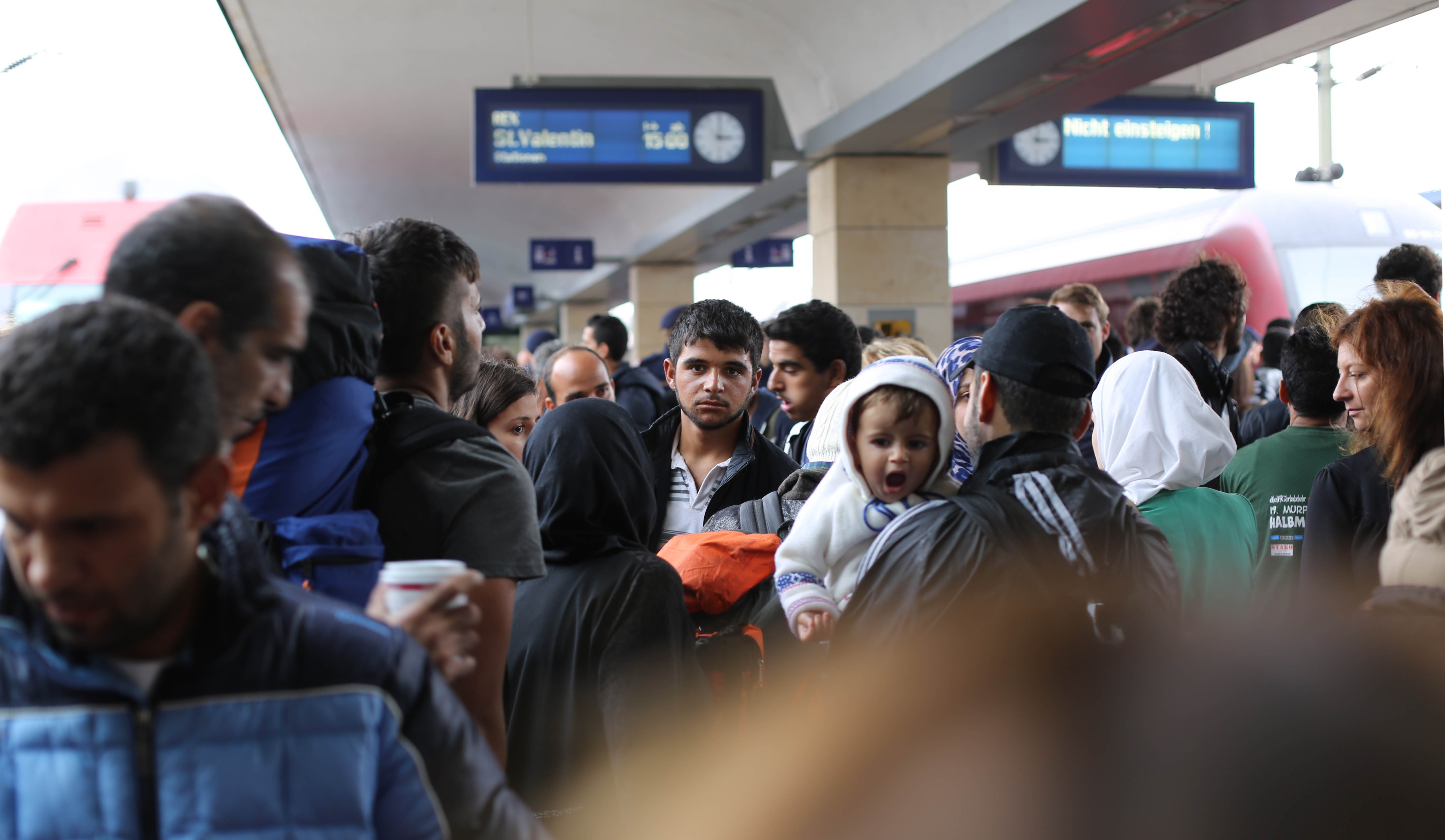By Graham Duncan, Contributing Writer
The migrant crisis is not a new problem for Europe, but recent increases in the numbers of migrants arriving on the continent have forced a new round of discussions among European heads of state.
The debate over how to handle the crisis has dominated European and international politics for most of this year. On October 26, a significant watershed was reached as leaders of the countries along one migration route in the Western Balkans agreed to a plan of action. Leaders of Greece, Bulgaria, Serbia, Hungary, Austria, Germany and five other Balkan nations gathered in Brussels to formulate a plan to control the flow of migrants into Europe. According to Susannah Cullinane of CNN, the agreement provides for “100,000 additional sites in Greece and the Balkans to receive migrants… increasing patrols off the coast of Greece and plans to discourage migrants from moving to the border of another country in an effort to limit secondary movement.” Other provisions are also included to ensure the humane treatment of the refugees after they arrive in Europe. This becomes even more important as winter is around the corner and route by sea is extremely treacherous. The International Organization for Migration estimates that that almost 681,000 migrants have arrived by sea so far this year and an additional 3,715 are dead or missing in the Mediterranean.
The migrant crisis has been affecting families for more than five years.
The migrant crisis has been the area of Asbury’s international focus during this week’s Great Commission Congress. Throughout the week and continuing through Thanksgiving, Asbury is taking up an offering to support Samaritan’s Purse and its efforts to meet the needs of the thousands of new migrants arriving in Europe every day. Students can donate via the jars around campus or online atwww.firstgiving.com/fundraiser/greatcommission/RefugeesinEurope.


